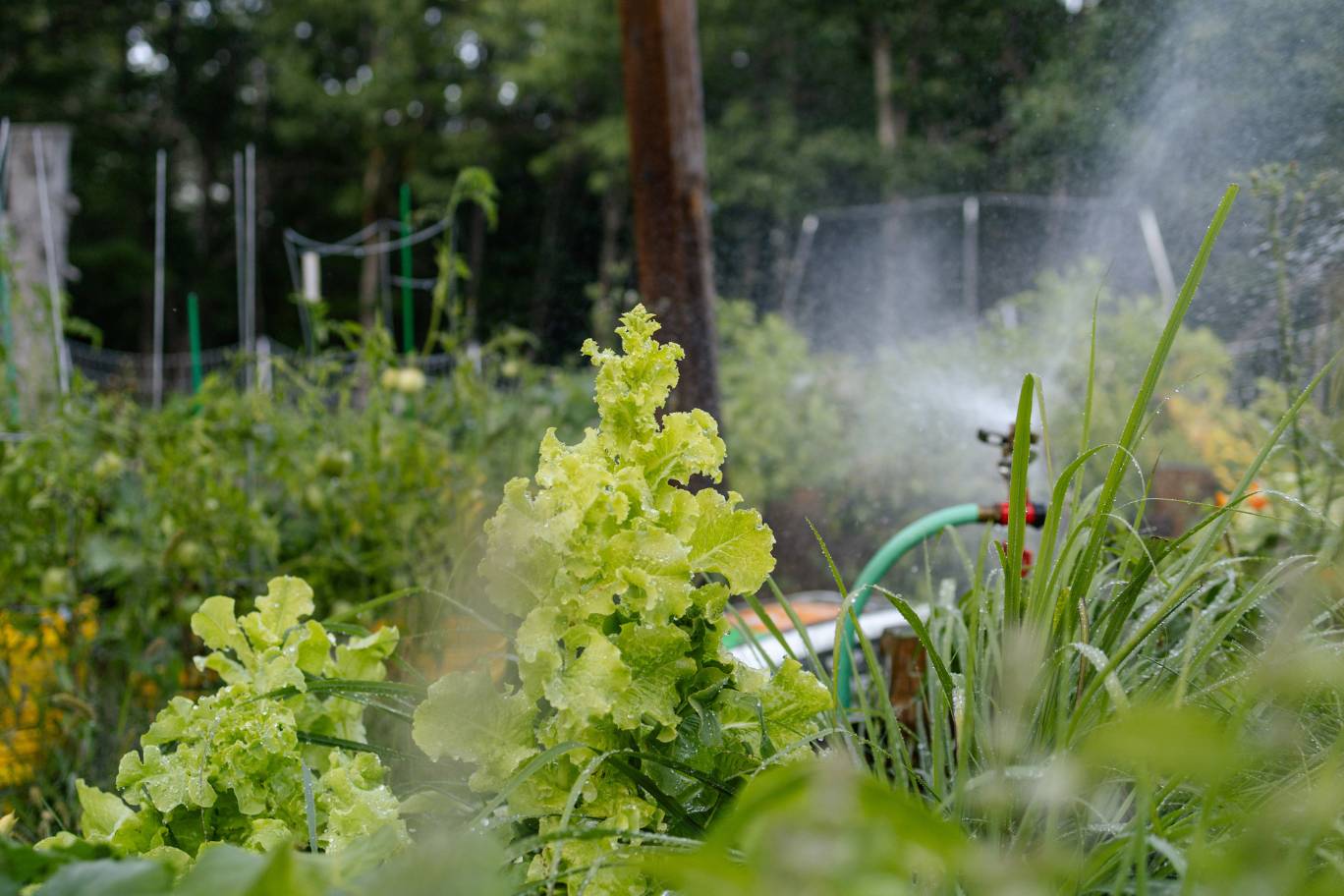

859 Resources found for:
- Lesson
- ...
Love Food? Love Bees! - Beeing Mindful
- Primary
- Year 5 - 6
- Science
- Health and Physical Education
- Health
- Environmental
- Conservation
- Sustainability
- Social
- Mindfulness and Meditation
- Lesson
- ...
Blueback - We Need To Protect 30% of Our Oceans by 2030
- Primary
- Year 5
- Humanities and Social Sciences
- Geography
- Environmental
- Oceans
- Sustainability
- Water
- Activity
- ...
Love Food? Love Seeds! - Bees In The Yard
- Early Learning
- Environmental
- Biodiversity
- Land Management
- Sustainability
- Unit
- ...
Blueback - Sustainability and the ocean
- Primary
- Year 5
- Humanities and Social Sciences
- Geography
- Environmental
- Conservation
- Oceans
- Sustainability
- Water
- Unit
- ...
Blue The Film: Our Oceans and Our Future
- Secondary
- Year 7 - 8
- English
- Environmental
- Conservation
- Oceans
- Sustainability
- Water
- Activity
- ...
Creative Sustainability - Water Works
- Early Learning
- Science
- The Arts
- Visual Arts
- Environmental
- Sustainability
- Economic
- Design Thinking
- Industry, Innovation and Infrastructure
- Activity
- ...
Love Food? Love Seeds! - Up Close With Bees
- Early Learning
- Environmental
- Biodiversity
- Land Management
- Sustainability
- Unit
- ...
Love Food? Love Bees! - Sustainable Food Practices
- Secondary
- Year 9 - 10
- Humanities and Social Sciences
- Geography
- Environmental
- Biodiversity
- Sustainability
- Unit
- ...
Love Food? Love Bees! - Valuing and Protecting Bees
- Primary
- Year 5 - 6
- English
- Mathematics
- Science
- Humanities and Social Sciences
- Geography
- Business and Economics
- Health and Physical Education
- Health
- The Arts
- Environmental
- Biodiversity
- Sustainability
- Social
- Mental Health
- Presentation
- Cool+
- ...
Where Our Food Comes From
- Secondary
- Year 7 - 8
- Technology
- Design and Technologies
- Environmental
- Sustainability
- Presentation
- Cool+
- ...
Where Does Our Food Come From?
- Primary
- Year 5 - 6
- Technology
- Design and Technologies
- Environmental
- Sustainability
Share this lesson
Copy Link
Copied
Share
Welcome back!
Don't have an account yet?
Log in with:
By signing up to Cool.org you consent and agree to Cool's privacy policy to
store, manage and process your personal information. To read more, please see
our privacy policy here(Opens in new tab).
Create your free Cool.org account.
Many of our resources are free, with an option to upgrade to Cool+ for premium content.
Already have an account?
Sign up with:
By signing up to Cool.org you consent and agree to Cool's privacy policy to
store, manage and process your personal information. To read more, please see
our privacy policy here(Opens in new tab).